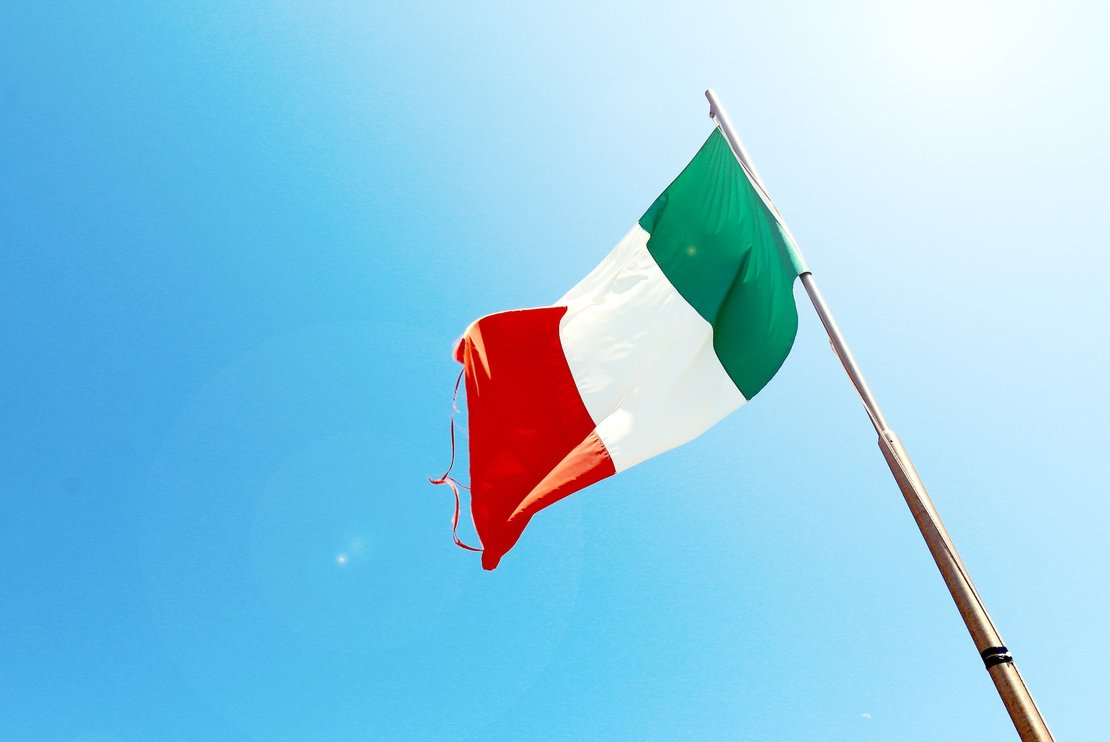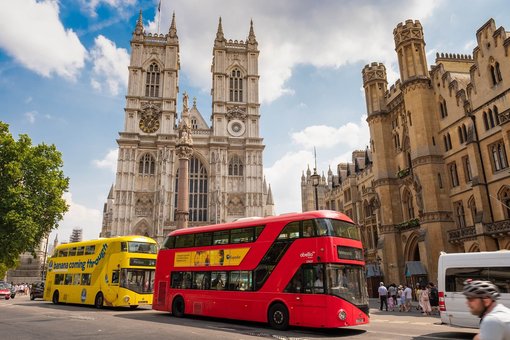Italian Greetings: 10+ Ways to Say 'Hi' in Italy

Italians are respectful of seniors and polite in their greetings. Still, they enjoy their language and have various lovely expressions to greet people warmly.
With its melody, poetic features, and rich cultural legacy, Italian has long been regarded as one of the most beautiful languages in the world.
When in Italy, you have to pick the appropriate greeting for certain situations. If you are too casual, you risk offending the person you are chatting to. If you sound too official, people might find you unfriendly.
Here are a few ways to say ‘hi’ in Italy:
| Italian Greeting | English Translation | Use |
|---|---|---|
| Ciao | Hi or Bye | Informal social gatherings |
| Salve | Hello or Greetings | Formal or Informal |
| Buongiorno | Good day / Good morning | Formal greeting |
| Buondì | Good day / Good morning | Less used formal greeting |
| Buon pomeriggio | Good afternoon | Less used formal greeting |
| Pronto | Hello | Answering the phone |
| Piacere di conoscerla | Nice to meet you | Formal |
| Lieto di conoscerti | Nice to meet you | Informal |
| Felice di vederti | Nice to see you | Greeting someone you’ve already met |
| Benvenuto | Welcome | Welcoming a guest |
| Mi scusi | Excuse me | A formal way to get someone’s attention |
| Mi chiamo … | My name is … | Introducing yourself when meeting someone new |
| Egregio … | Dear … | Greeting for a letter or email |
| Come va? | How’s it going? | Informal |
| Come stai? | How are you? | Informal |
| Ehi | Hey | Informal |
| Come sta? | How are you? | Formal |
| Ciao bella/bello | Hello beautiful | Platonic greeting |
| Ciao cara/caro | Hello dear | Platonic or romantic greeting |
| Arrivederci | Goodbye | Formal |
| Stammi bene | Take care | Informal |
| Buonanotte | Good night | Formal or informal |
| A presto | See you soon | Formal or informal |
| Bona raga | Bye guys | Informal |
| Addio | Farewell | Formal |
Ciao
Similar to English, there are various informal greetings in Italian. The most common Italian greeting is ciao, pronounced "Chow."
Italian has a short, simple greeting and farewell known as "Ciao." Ciao is frequently used together with other words to form complete greetings. A more informal way to say "Hello, how's it going?" to someone you know is to say "Ciao, come va?" Another informal way to say "Hi, how are you?" is "Ciao, come stai."
Buongiorno
Although it is often used to say "Good day" as a formal replacement for ciao throughout the day, Buongiorno is the Italian equivalent of "good morning" in English. It can be used as a formal greeting while entering public spaces or to introduce yourself.
Buon Pomeriggio
We can change our greeting to “Buon Pomeriggio” when it's time for the afternoon. We might also keep saying “Buongiorno”, which is generally favored because it requires less work and has fewer syllables.
Salve
Salve is a courteous and friendly alternative with the benefit of being both formal and informal if you're a little bored of saying Ciao or Buongiorno all day. It’s also a good choice for situations where you are unsure of where you stand in a conversation.
The word Salve derives from the Latin verb Salvere, which also means to be in good health or to be in salutation. Actually, the verb Salutare is derived from the Italian word Salute meaning health.
Pronto
In Italian, you answer the phone by saying Pronto, which means “Ready.” It is said to have originated when calls were made via human operators.
The recipient would say Pronto and their name as well, to signify that they were on the line and "Ready" to chat once the operator connected the caller and the recipient.
Ehi
Ehi is a common informal greeting Italians use to express joyful surprise while addressing friends and relatives.
Come va?
You can say “Come va?” meaning “How’s it going” when you run into a friend, but be ready. It frequently requires a thorough response in Italian and potentially several extended minutes of storytelling over an espresso at the bar.
A Presto
It's typical to say this simple Italian goodbye that translates to "See you soon" when leaving someone. Additionally, you'll see it as a casual salutation at the end of emails. However, much like in English, it could also mean that you will soon see someone.
Stammi Bene
"Take care” has both a singular and a plural form in Italian. Therefore, you will either say "Stammi bene" to one person or "Statemi bene" to several others.
Arrivederci
Among the more difficult-to-say words on this list, but useful practice for rolling the “r.” Although the Italian phrase Arrivederci is translated as "Goodbye," it actually means "Until we see each other again." It can be used as a formal greeting when leaving.
On the other hand, you should be a little more formal than Arrivederci if you wish to bid someone farewell, let's say, an elderly person. It is advised to say Arrivederla.
Bona Raga
Bona raga is slang for "Bye, guys" (Ciao, ragazzi) in Florentine. You can use it before leaving your friends.
Addio
In movies, this one has a dramatic effect. Meaning “Farewell” in English is used as a parting greeting when you won't see someone again.
Other Italian Phrases
If you decide to visit Italy, you should know that the people are among the nicest, most conversational, and kindest in all of Europe. Here are some other phrases you can use:
- Ciao! Che piacere vederti. Hello! How nice to see you.
- Come ti chiami? What is your name?
- Va tutto bene. Everything is going well.
- Così così. So so.
- Sto bene grazie, e tu? I’m well. Thanks! And you?
- Mi dispiace. I’m sorry.
- Per piacere. Please.
- Grazie. Thank you.
- Prego. You’re welcome.


